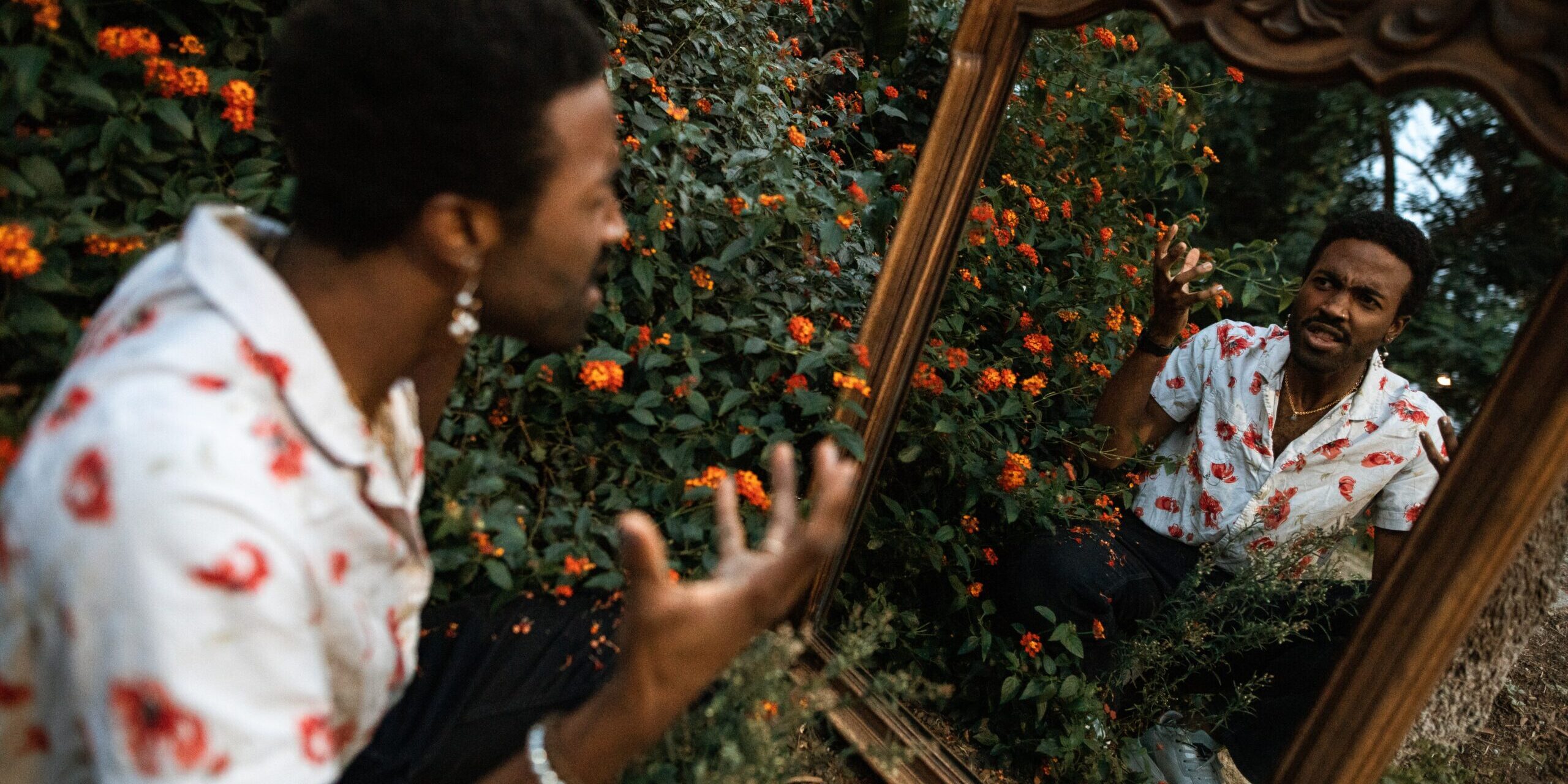What does it mean when we have internalized homophobia? When someone internalizes their family’s, religion’s, or culture’s negative attitudes and beliefs about being queer, this results in feelings of shame, guilt, and self-hatred. It is a common side effect of being raised in evangelical purity culture. When someone is raised in a high-control religion, they may be taught this negativity in early childhood, long before they’ve had a chance to understand what gender and sexuality are, let alone their own sexual orientation. Once any feelings of that sort start to arrive in early adolescence, it is already understood that queer is “bad.”
But those feelings are there whether the religious folks like it or not, and that internal conflict can manifest itself in a variety of ways, including avoiding social situations or close relationships, developing depression, or just generally feeling unworthy or undeserving of love and acceptance. Internalized homophobia may also lead to a higher risk for substance abuse and other negative coping mechanisms. It may be hard to form healthy relationships of any sort, due to problems with intimacy and vulnerability.
For those of us programmed in a religious environment, we learned our queerness was something to be ashamed of, something that needs to be hidden, and something that needs to be “fixed.” This type of conditioning can be challenging to overcome, but it can be so freeing to move past it. The process of deconstruction and leaving religion can be a traumatic and difficult experience, but fortunately there are increasingly available resources available to support folks in their deconversion journeys.
Even after religious beliefs are shed and church communities are left behind, internalized homophobia can linger for years. Undoing this can be a process over time, involving methods like talk therapy, journaling, reading informative literature, attending support groups, participating in supportive community settings and more. It can also be helpful to normalize sexual orientation by surrounding oneself with positive queer role models and learning more about LGBTQ+ history and culture.
If you are struggling with internal feelings of shame or self-loathing around your sexuality, I hope you will seek out support. If you’re ready to start therapy, get in touch.

